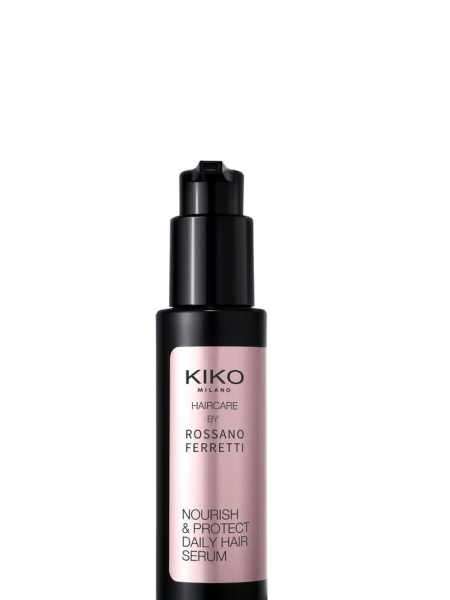
Running your fruit and vegetables under the tap isn’t enough to rid them of the potentially harmful chemicals they’re exposed to while growing, due to being sprayed with pesticides. “The ones most commonly used on fruits and vegetables are herbicides, fungicides, insecticides and bactericide,” explains nutritionist Jessica Shand, whose has made her “detoxing” routine a part of her weekly grocery shop. “There are lots of different types of pesticides, all with specific actions.” Although removing the skin from your fruit and vegetables (where possible) can help, Shand points out that doing so means you miss out on “gut-feeding fibre and an array of nutrients”.
What are endocrine disrupters?
“Endocrine disrupting chemicals (EDCs), which are sprayed on our produce, do in fact contribute to hormone imbalance and are absorbed into our bodies if we eat produce that’s not washed properly,” says Shand. EDCs are known as “endocrine mimickers” and are similar in structure to our hormones – and in particular oestrogen. They have the power to mimic, block or interfere with your key sex hormones. By properly washing your veg, you can minimise exposure and support your hormones.
Should you still wash organic fruit and vegetables?
In short, yes. “Toxin exposure is less of an issue with organic fruit and veg, but produce is still handled and exposed to other potential contaminants so it’s best to wash everything before eating,” Shand says. Don’t be fooled by “washed and ready to eat” labels either. “This includes bagged salads too. The salad could be washed with an array of toxic chemicals by manufacturers, including chlorine and bleach, so washing off this chemical residue is essential and quick to do.”
Jessica Shand’s veg detox method
1. Add all produce to a (clean) sink filled with fresh water – filtered water is even better. Pour in one part apple cider vinegar (I use Willy’s) to three parts water, or just a BIG glug. Apple cider vinegar is rich in anti-bacterial and anti-microbial properties, making it an ideal natural food source to detox your produce. You could also use baking soda – adding one teaspoon to two cups of water.
2. Using a vegetable brush, gently brush each individual piece of veg then allow to soak for 15 mins. Finally, rinse. If you’re washing berries, add them to a colander and submerge them into the water for a maximum of five – any longer and they will go mushy.
3. Remove everything from the sink and gently dry using a tea towel. Place berries on a clean tea towel and gently pat them dry to remove excess moisture and allow to air dry (I usually leave them out for an hour).
4. Transfer into glass containers (not plastic), and pop into the fridge. I use suction glass containers from AirOut. I find it keeps everything fresher for longer and truly extends the life of berries.
Where possible, it is always best to buy organic produce. Standards vary according to country, but generally speaking, organic food must be grown without the use of pesticides, genetically modified ingredients, hormones, artificial colours and preservatives or the routine use of antibiotics.

